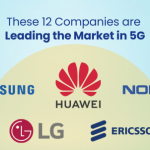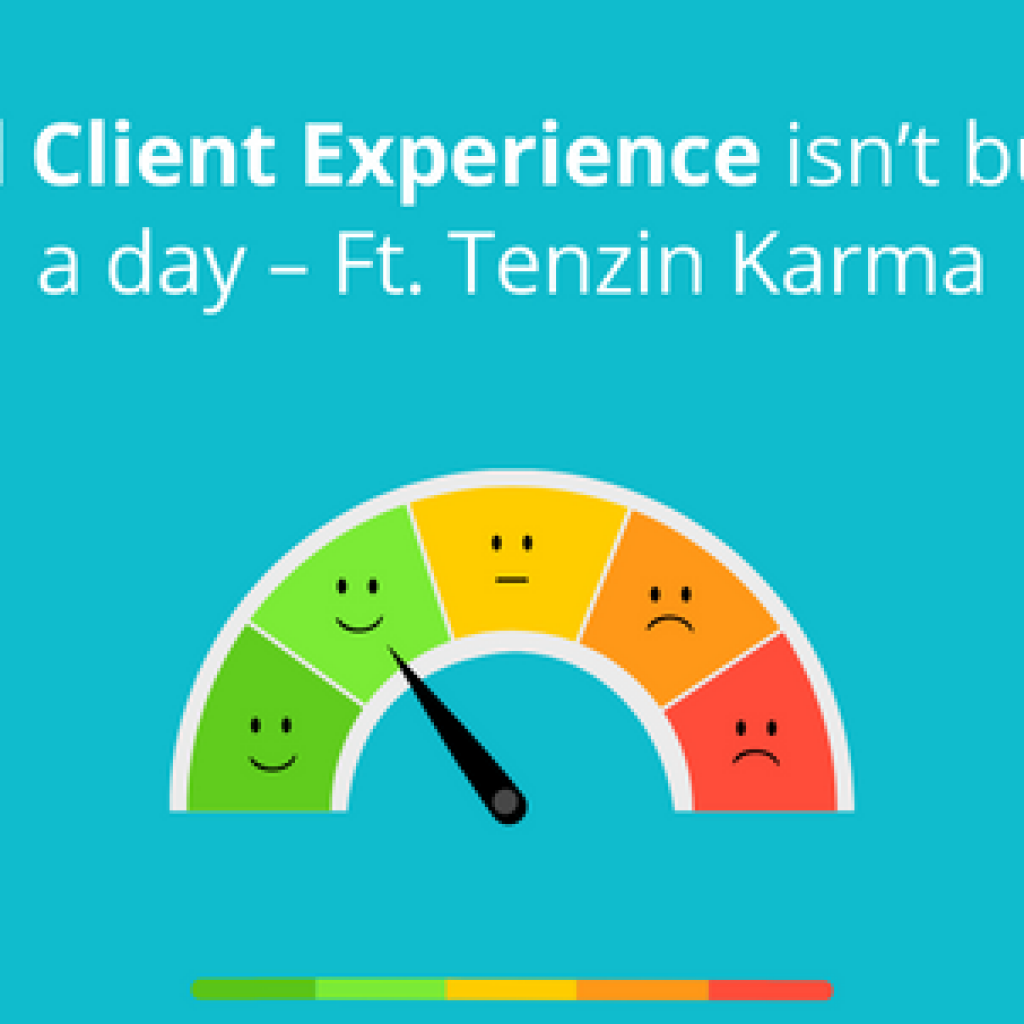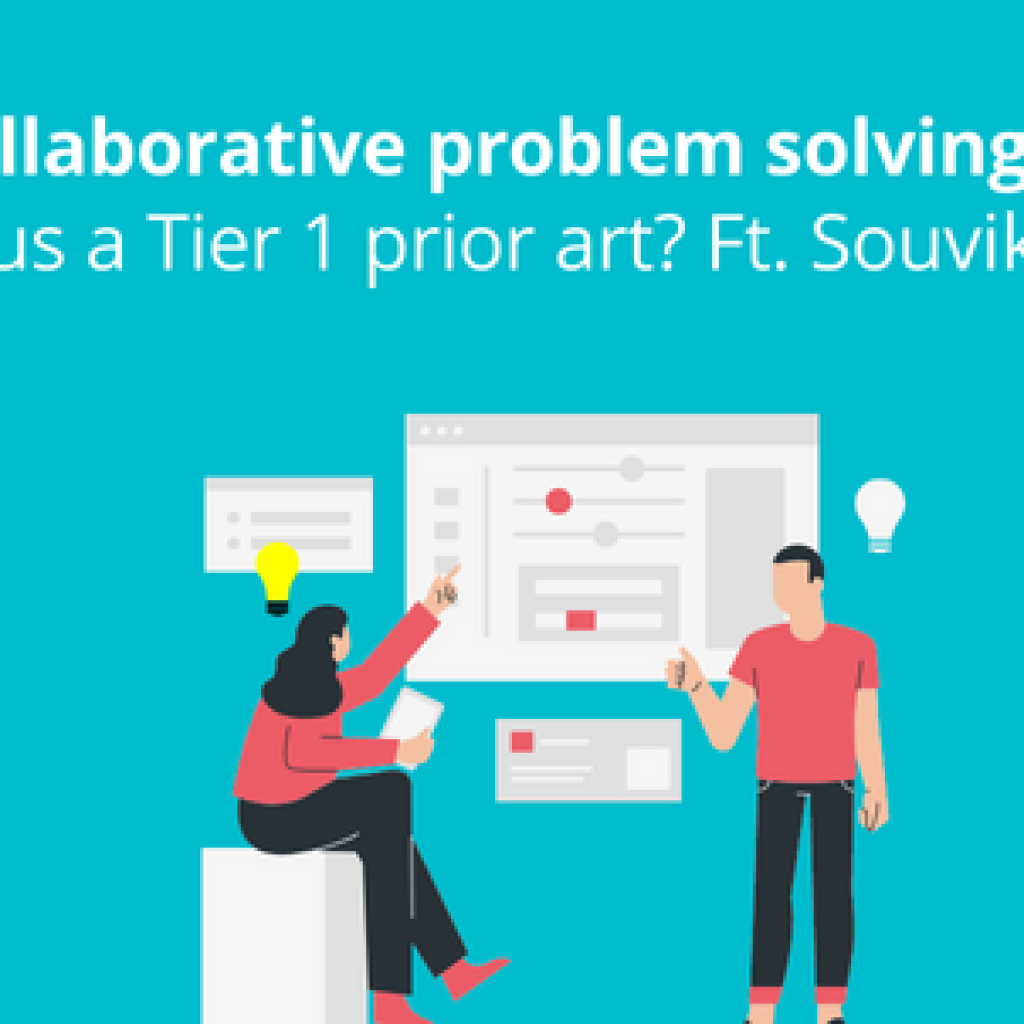On October 13th, 2023, Microsoft officially closed its acquisition of video game developer Activision Blizzard King, nearly 21 months after announcing it. Here are some highlights of this deal that make it worth mentioning.
- It is the biggest deal in the gaming industry’s history and is even Micorosoft’s biggest acquisition.
- Activision has some of the biggest IPs in the gaming industry, like Call of Duty, Overwatch, Diablo, and Warcraft Franchise, which are multimillion-dollar IPs.
- Call of Duty(COD) is the gaming industry’s biggest giant. In just three months after the release of COD Warfare 2 in October 2022, it grossed 3 billion dollars and became the best-selling game of 2022 in the US.
- Activision’s total revenue in 2022 was 7.4 Billion Dollars (fifth highest in the gaming industry).
- Microsoft’s total revenue in gaming in 2022 was 16.2 Billion Dollars (second highest in the gaming industry).
Cloud gaming is the future of the gaming sector, and currently, Microsoft has 60-70% of the cloud gaming market. The announcement of Microsoft’s acquisition of Activision Blizzard in 2022 for a staggering 68.7 billion dollars sent shockwaves across the gaming world.
Due to the deal’s expected impact, the Competition and Markets Authority (CMA), European Commission, and US Federal Trade Commission launched an inquiry, fearing that Microsoft would monopolize cloud gaming. The deal was also criticized as it was believed to lead to “higher prices, fewer choices, or less innovation for UK gamers.” The main concern was cloud-based gaming, with the CMA believing that Microsoft’s influence would be too great. Since the deal has been completed, a middle ground has been reached, and so it is critical to monitor the deal’s impact on the gaming industry closely.
Impact of Activision Blizzard King joining Microsoft
Learning a little about the gaming industry will help understand the scenario better. Currently, we can divide the gaming industry into two big sectors – Console gaming and Cloud gaming. Physical equipment is required to play console games. Consoles like PlayStation or Xbox are costly, and not everyone can afford them. However, cloud gaming only needs a desktop and a good internet connection to play games.
The Microsoft-Activision Blizzard King Acquisition will likely bring Activision Blizzard games to cloud gaming services. However, an important note is that Microsoft doesn’t have sole control over this aspect. To gain approval from the U.K.’s Competition and Markets Authority (CMA) for the acquisition, Microsoft had to relinquish the cloud gaming rights for Activision Blizzard games to Ubisoft (video game publisher of series like Assassin’s Creed and Far Cry).
Furthermore, the central point of contention during the Federal Trade Commission’s (FTC) trial was the exclusivity of the Call of Duty franchise following the acquisition. Microsoft has officially stated that it won’t make Call of Duty exclusive to its platforms for the next decade. However, it’s important to note that gaming Intellectual Properties (IPs) can potentially shape the industry significantly. Although this commitment has been made, there is still a risk of a monopoly due to the thriving nature of gaming IPs.
Keeping an eye on Microsoft and Activision’s gaming-related patent filings serves as a valuable source of information about upcoming projects and innovations in the field. By analyzing the details and patterns in these filings, one can gain a deeper understanding of Microsoft’s strategies and objectives, as well as the direction it is headed in terms of gaming technology. This can be useful for other competitors in the gaming industry as technology comes to market after 4-5 years of patent filings, so keeping a watch will give an early advantage…
Vincy Khandpur, IP Solution Architect Manager
In a broader context, the growth of cloud gaming is poised to enhance accessibility. Therefore, the next step is to understand its impact as it highlights the changing dynamics and the significant role of IPs in shaping the future of gaming.
Action Points for Current Players in the Gaming Industry
Navigating the potential litigation risks while actively innovating requires a detailed IP strategy. Companies can prepare for what may come by utilizing some of the strategies listed below.
- Diversify IP Portfolios: Invest in developing and acquiring a diverse range of gaming IPs to mitigate the risk of a monopoly.
- Collaboration and Partnerships: Collaborative efforts and partnerships will help level the playing field. This is especially important when big players like Microsoft are trying to dominate the market.
- Patent Invalidity Search: Analyzing competitors’ IP portfolios for strengths, weaknesses, and potential legal vulnerabilities will keep you ahead in fortifying your legal strategies.
Microsoft has had a mixed track record with past acquisitions. However, despite its statement of non-exclusivity, its recent acquisition signals new developments in the gaming industry. This acquisition presents opportunities for both customers and players in terms of new technologies and innovation. Furthermore, patents will likely play a crucial role in shaping the gaming industry’s future. A robust IP strategy will protect your innovation and help you stay ahead of the competition.
Talk to us for expert opinions on developing a solid IP strategy for the gaming industry.
Authored By: Abhinav Aneja and Annie Sharma











